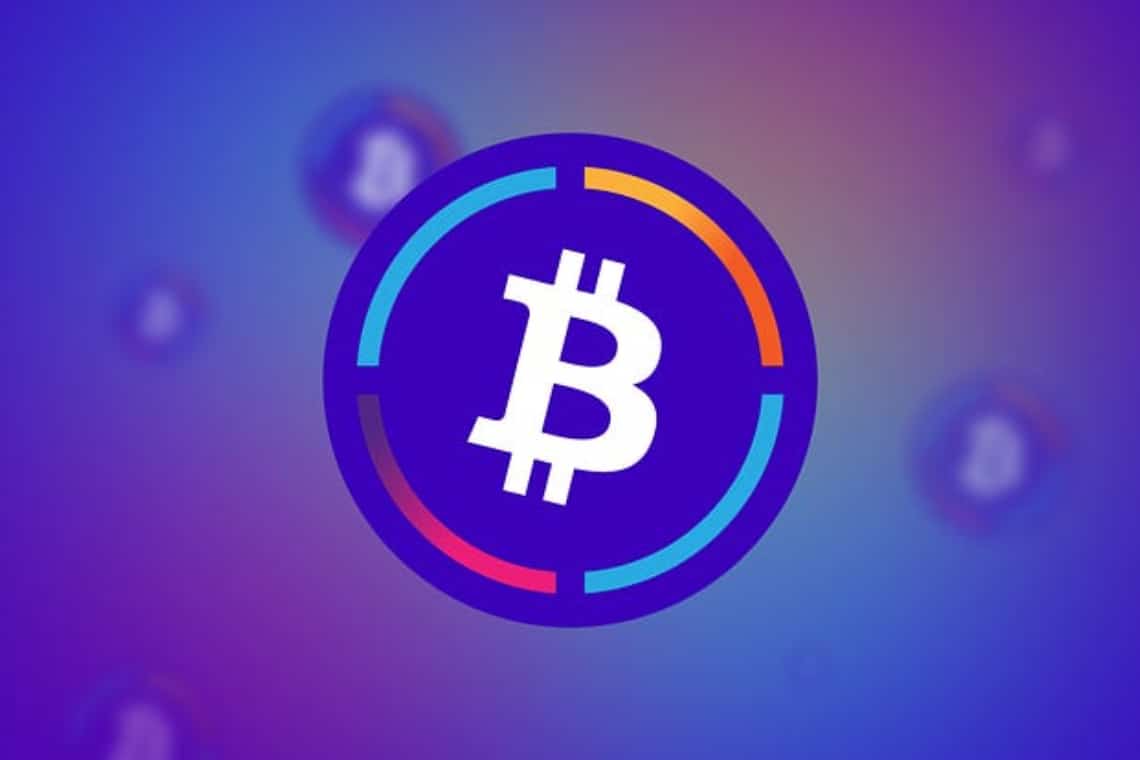Crypto news: the launch of the final version of ckBTC, Chain-Key Bitcoin, was announced yesterday.
📢#ckBTC is now fully released 👏
Proposals 115468, 115470 & 115473 have been adopted with flying colors. Many thanks to all #ICPeople who voted manually to make this happen 🙏
If you have #BTC in your wallets, you can now give it real utility on #ICPhttps://t.co/IO6ZvIQbQt
— DFINITY (@dfinity) April 3, 2023
Indeed, Chain-Key Bitcoin has been made available on the Internet Computer, thus enabling BTC holders to be able to use Bitcoin on the Internet Computer (IC) network via the wrapped token ckBTC.
ckBTC acts as a sort of “twin” to Bitcoin on IC, enabling fast, low-cost, cryptographically secure and fully on-chain transactions. The goal is to bring more decentralization within DeFi and the blockchain industry.
Summary
Internet Computer and the latest crypto news on Bitcoin
Internet Computer is a blockchain that wants to run “at the speed of the Web,” and with unlimited capacity. It is a scalable and fast computer on blockchain with native smart contract capabilities.
The goal is to provide a new way to create tokenized Internet services.
The IC project was incubated and launched by the DFINITY Foundation, a non-profit scientific research organization based in Zurich, Switzerland. DFINITY itself yesterday announced the launch of ckBTC.
Internet Computer also has its own native cryptocurrency, ICP, whose market value though, was not positively affected by the news of ckBTC’s launch.
It is worth mentioning that ICP peaked in price at its launch on the crypto markets in May 2021 and has since lost more than 99% of its value.
Then again, in the DeFi sphere, as DeFiLlama’s data reveal, it is an absolutely marginal chain, with a TVL of less than $320,000.
Nevertheless, the IC project continues to be promoted by some as an “Ethereum killer,” especially now that it makes it possible to use smart contracts powered in wrapped Bitcoin.
Smart contracts on Bitcoin
The Bitcoin protocol does not natively provide for complex smart contracts, such as those that are native on Ethereum, for example, and its blockchain is slow and expensive.
The idea behind Chain-Key Bitcoin on Internet Computer is to make possible native on-chain smart contracts that indirectly use BTC without having to create them on the Bitcoin blockchain itself.
Indeed, Chain-Key Bitcoin makes it possible to indirectly use BTC on the IC blockchain thanks to a token that wraps BTC, called ckBTC, which for all intents and purposes represents Bitcoin tokens on the IC blockchain.
In addition, IC can scale virtually infinitely, and guarantees fast transactions at limited cost.
So although this innovation does not allow smart contracts on Bitcoin, it does bring Bitcoin onto IC’s smart contracts, similar to, for example, how WBTC has long since brought Bitcoin onto the Ethereum blockchain.
The ckBTC tokens will be redeemable at any time 1:1 with BTC.
In addition, Internet Computer will integrate with the Bitcoin network at the protocol level, thus providing a secure solution. With this integration, Bitcoin transactions can be executed on-chain quickly and cost-effectively, simplifying the incorporation of Bitcoin into DeFi and Web3 services, without having to rely on centralized bridging services.
Thus, unlike wrapped tokens controlled by a centralized entity, ckBTC uses decentralized smart contracts for asset transfers so that no intermediaries are required.
ckBTC will then be integrated into various decentralized applications (dApps), such as DEX Infinity Swap and ICLighthouse.
The comment
DFINITY founder and chief scientist Dominic Williams said:
“The direct integration with the Bitcoin protocol was the first step in bringing ckBTC to life. After months of hard work and discussion with the community, ckBTC is now available for everyone to benefit from. ckBTC means low transaction fees, speed, and, most importantly, no bridges. This is a milestone in the Bitcoin journey, and the DFINITY Foundation is excited to see how projects building on the Internet Computer blockchain implement ckBTC and explore novel use cases.”




